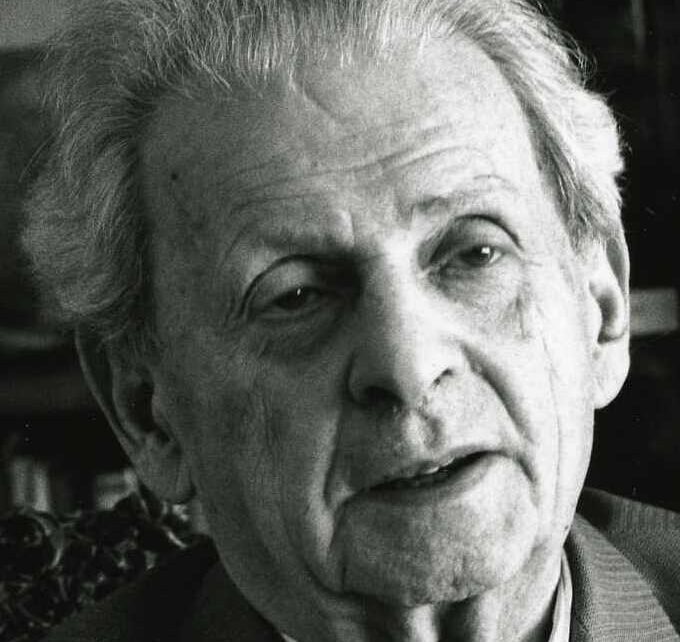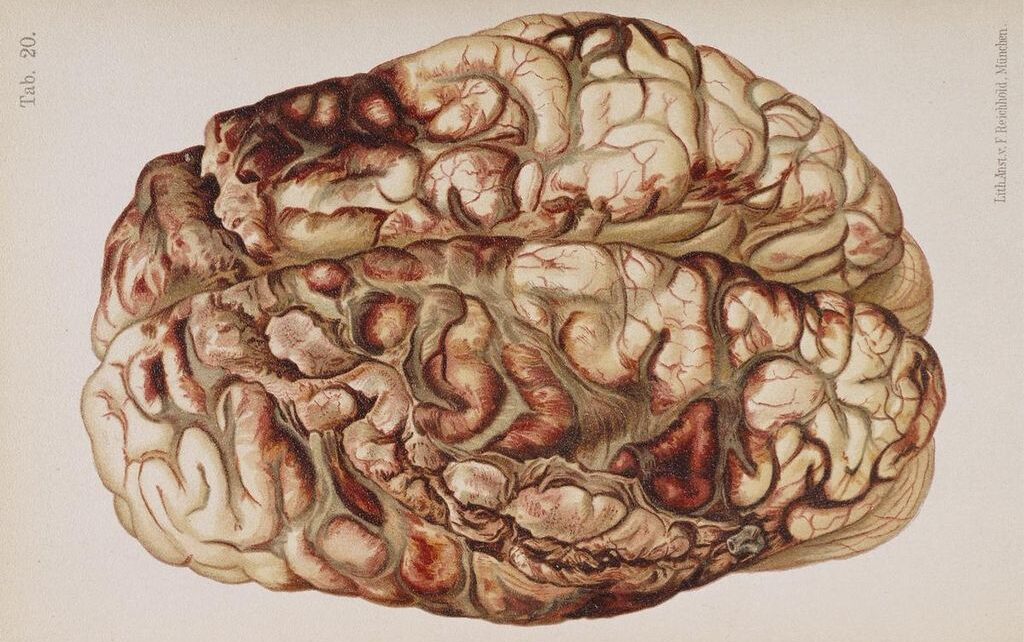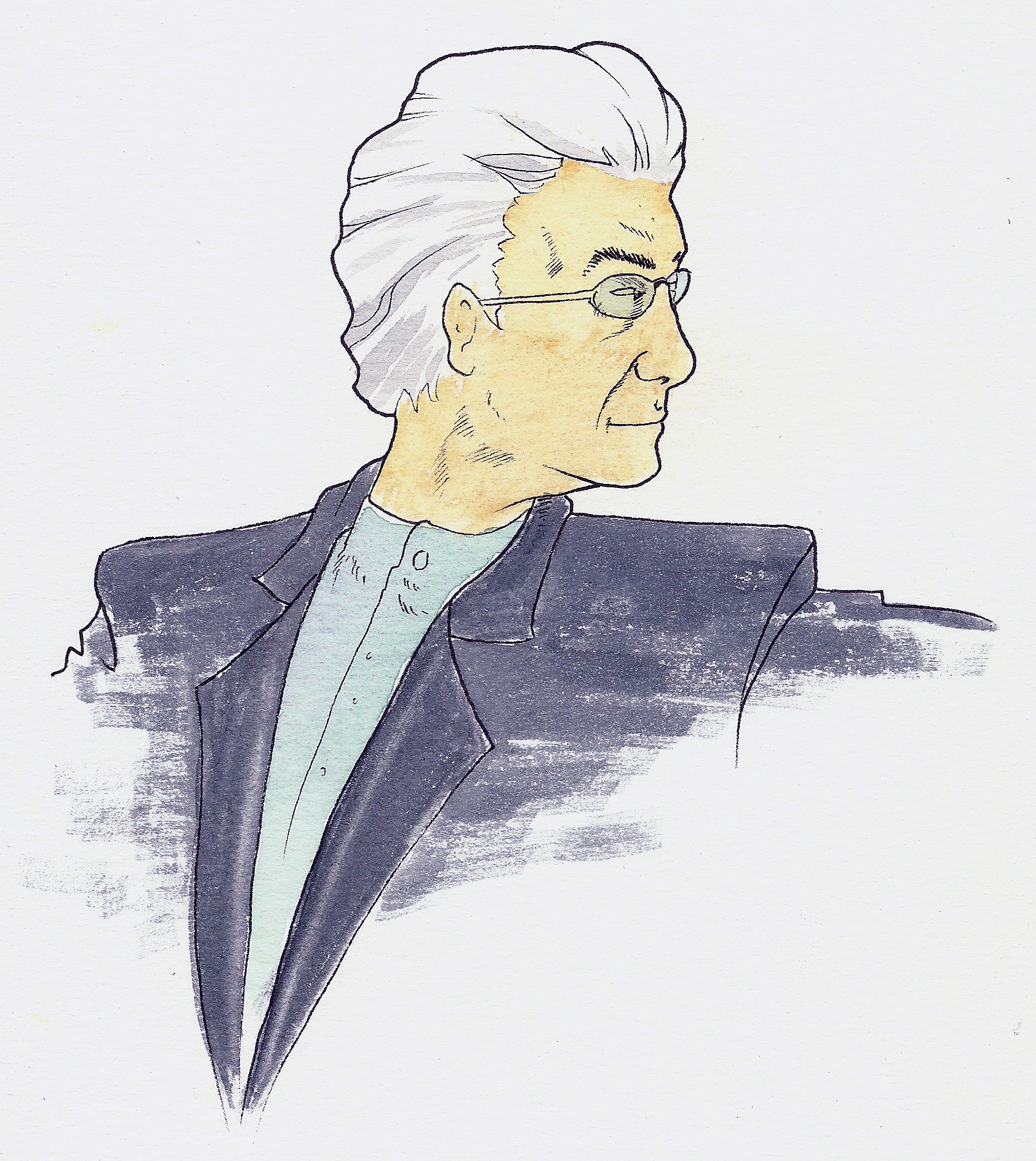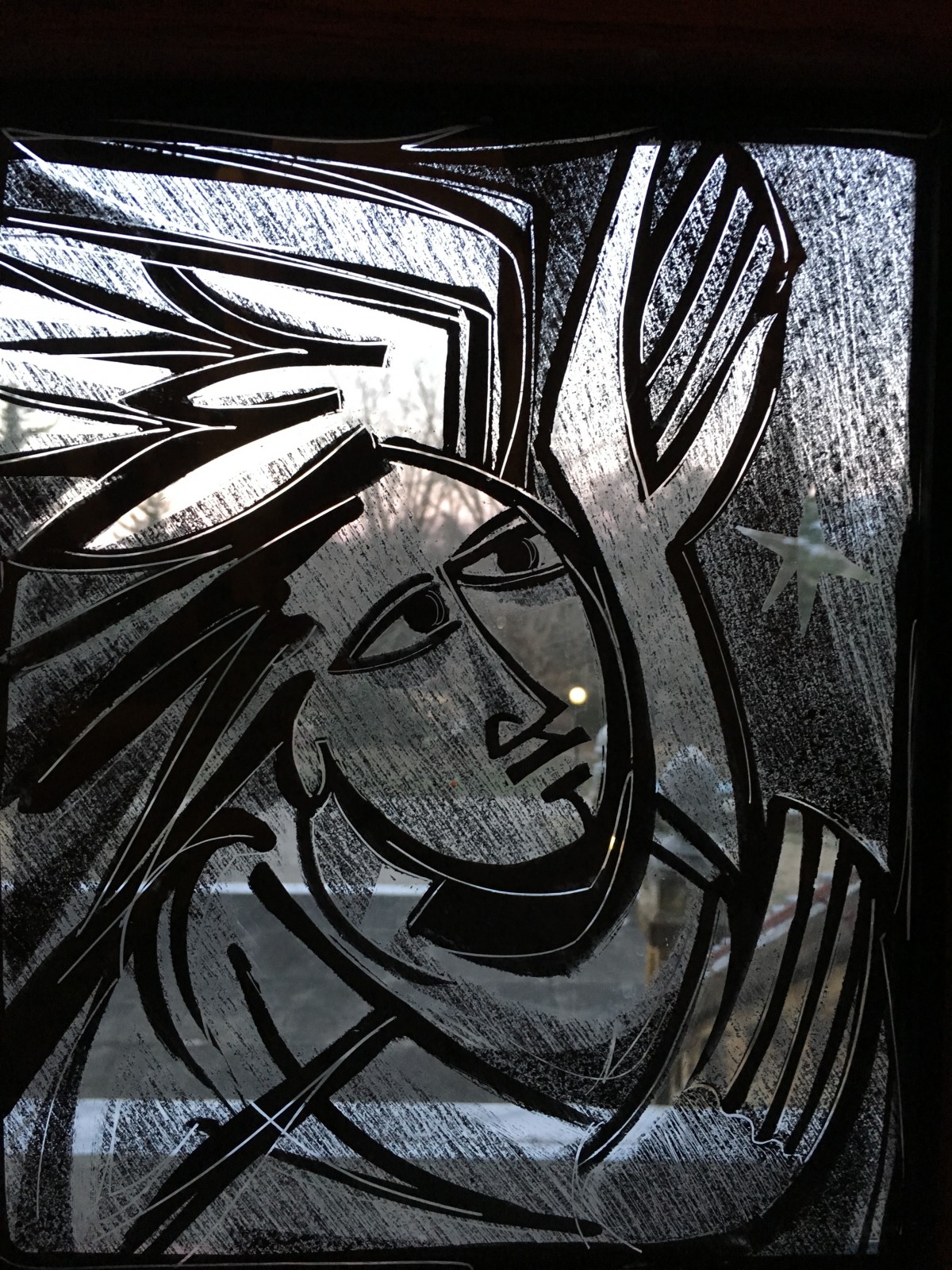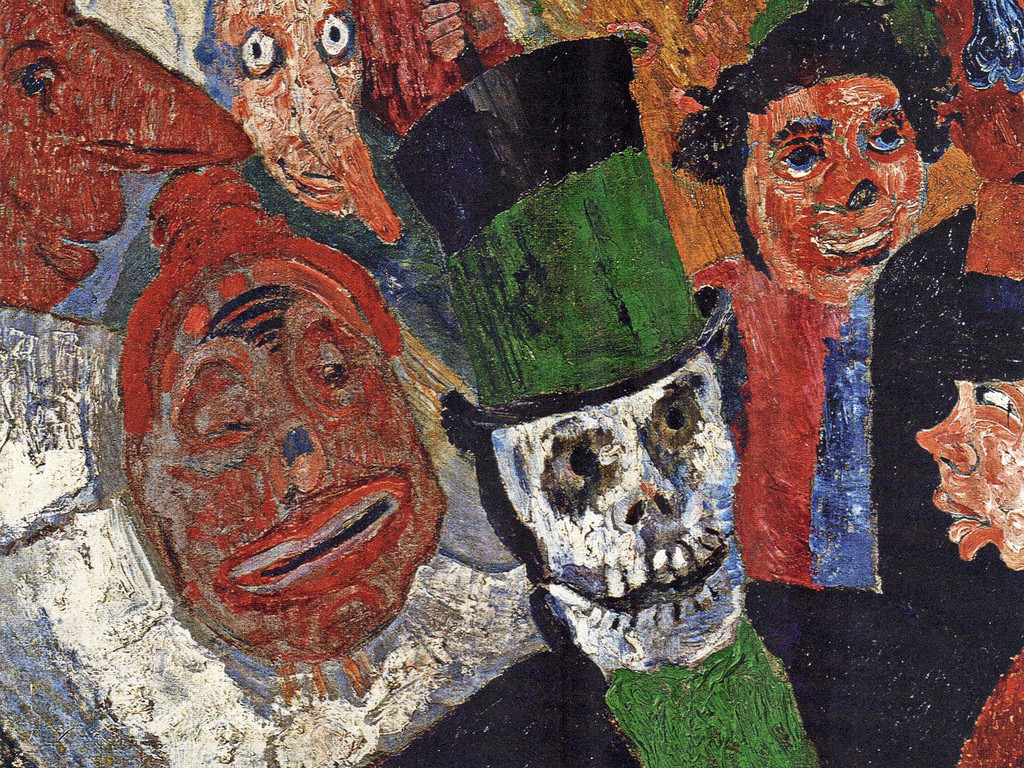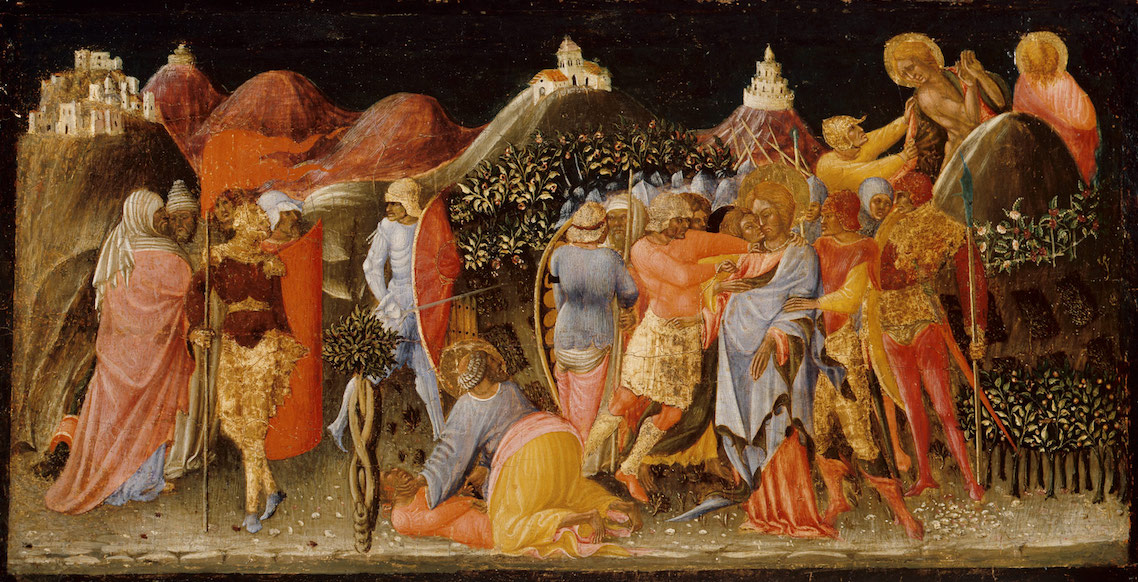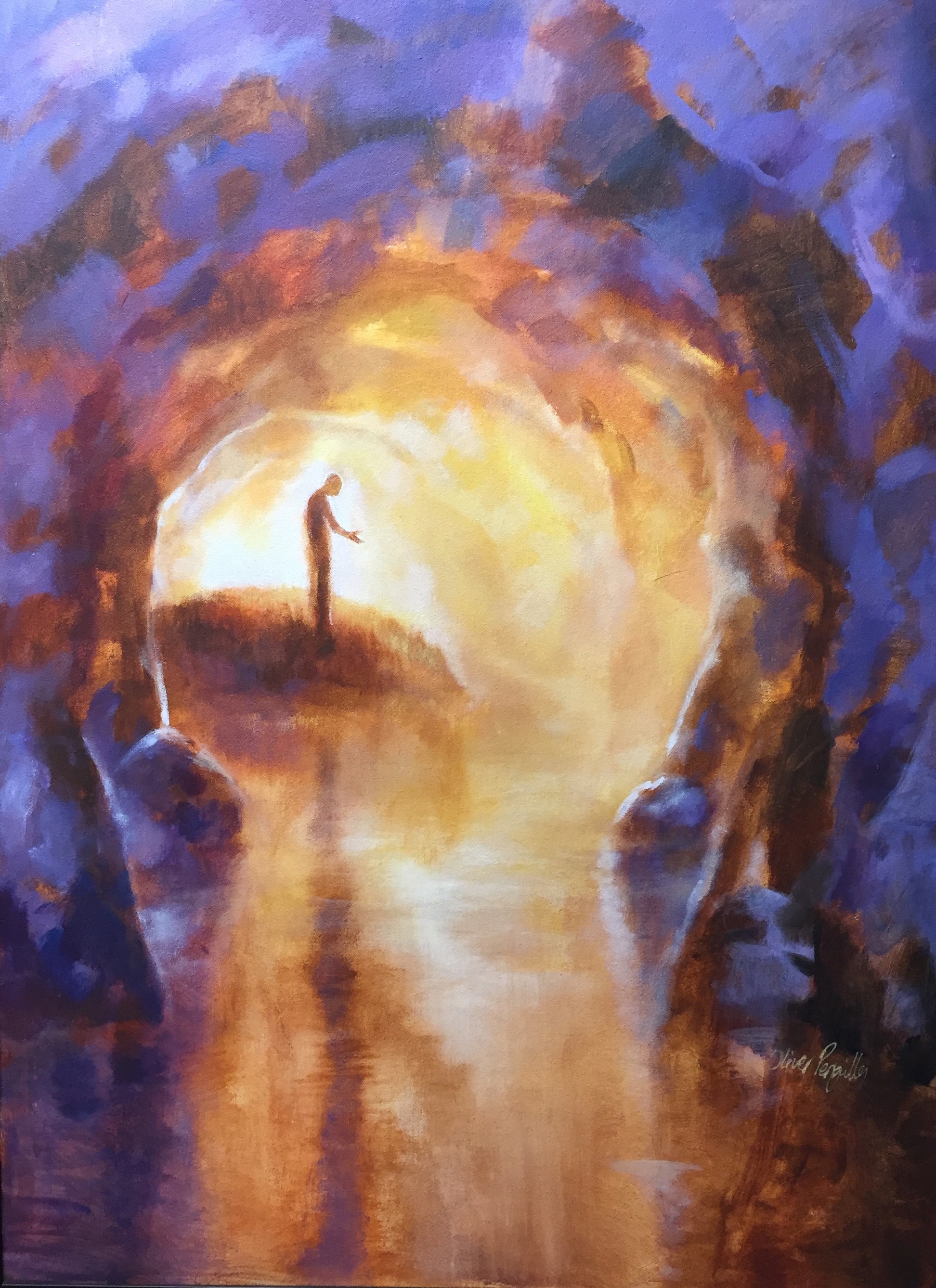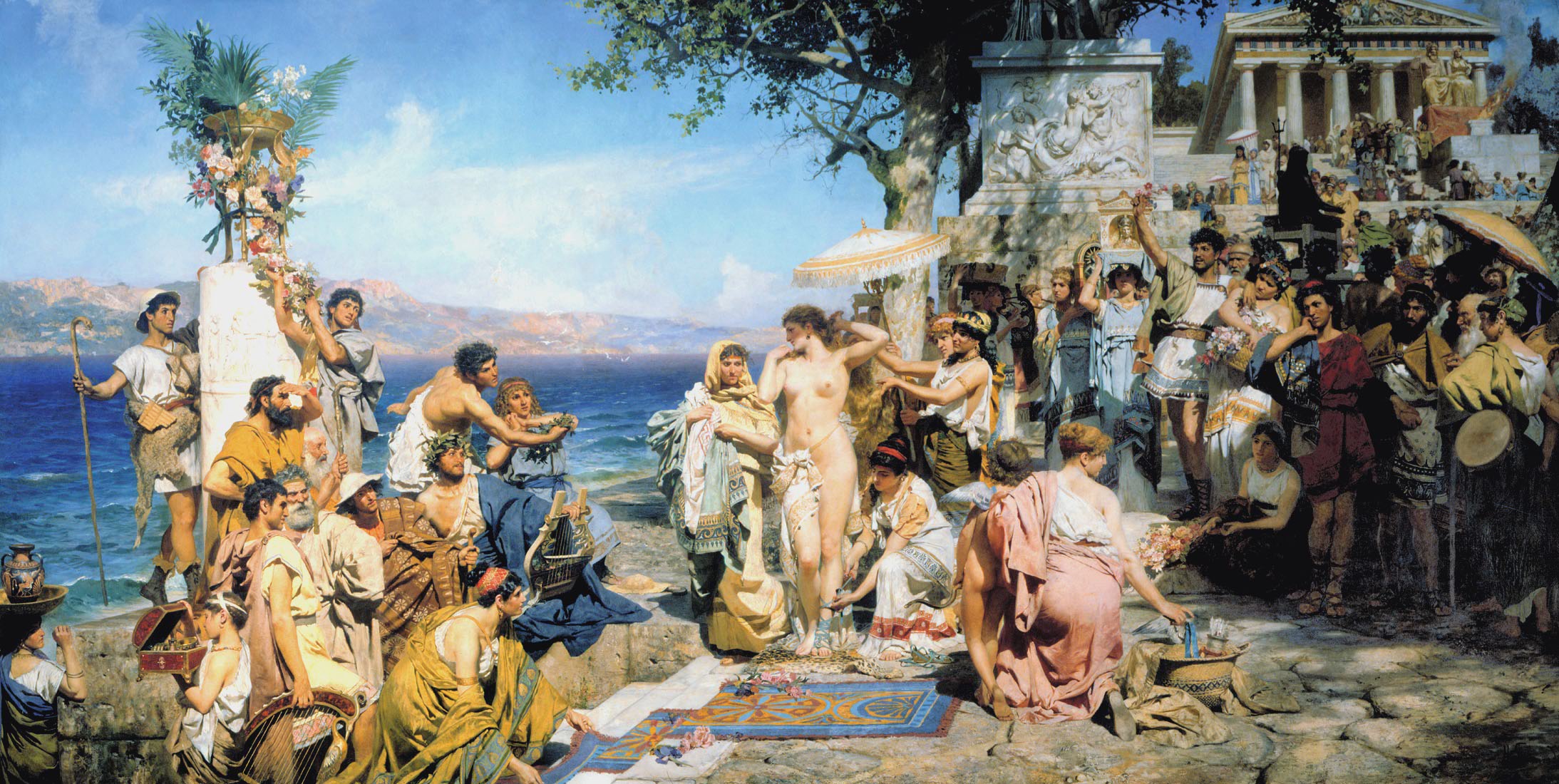The following is the second of a two part series. The first can be found here. The entire article appears in Issue 22.1 of the Journal for Cultural and Religious Theory. The Ethical Relation as Language There is that which he calls ‘language‘. He writes: “Language does not belong among the relations that could appear through the […]
Psychology of Religion
Trauma In Emmanuel Levinas’ Writing Body, Part 1 (Magdalena Sedmak)
The following is the first of a two part series. The entire article appears in Issue 22.1 of the Journal for Cultural and Religious Theory. Collage from “An-Other Language? Psychosomatic Research and the Lévinasian Conception of Otherness in Trauma Therapy” with the research question: When Lévinas claims that „the relationship between the Same and the […]
Sexual Difference And The Vatican – A Lacanian Response, Part 2 (Melissa Conroy)
The following is the second of a three-part series. The first can be found here. The current medical paradigm works to suppress and erase these bodies by allowing them to exist only after medical correction and subsequent conformity to the two-sex system. Judith Butler has observed that bodies are only allowed to “live within the productive […]
Lacan And Pneumatology (Mark Murphy)
There has been much work on Lacan in describing his relationship to a Christological theology. We see this in work such as Žižek’s The Fragile Absolute and also in his dual work with John Milbank, The Monstrosity of Christ.[1] We also see a Christological perspective on the value of Lacan’s work in Marcus Pound’s Theology, […]
Religion And Mental Health – The Therapuetic Value Of The Teachings of Jesus, Part 2 (Thomas Roberts and Delbert Hayden)
The following is the second part in a two-part installment. You can find the first part here. Maintaining a State of Hope and Taking a Transcendent Perspective about Human Worries One indicator of mental health is the ability to maintain a state of hope in the face of life’s struggles. Some researchers have concluded that […]
Religion And Mental Health – The Therapeutic Value Of The Teachings Of Jesus , Part 1 (Thomas Roberts And Delbert Hayden)
The following is the first part in a two-part installment. The second part can be found here. Author Note: The authors of this article take the position that the Judeo-Christian heritage is dominated by the teachings of Jesus. Consequently, all Christian belief systems reflect similar ideas about the nature of reality. This Christian philosophy of […]
Lacan As “Spiritual Director” – On The Relationship Between Psychoanalysis And Christian Mysticism, Part 3 (Mark Murphy)
The following is the third installment of a three-part series. The first can be found here. The second one can be found here. The transition to full speech is the moment when one realizes in a holistic way that one is always dependent on the Other. The symbolic order determines our ‘existence,’ but it is at […]
Lacan As “Spiritual Director” – On The Relationship Between Psychoanalysis And Christian Mysticism, Part 2 (Mark Murphy)
The following is the second installment of a three-part series. The first can be found here. What Does Lacan Mean When He Says That Spiritual Direction is a Demand for Truth? Lacan is first clear in stating that spiritual direction was a demand for truth. It is telling that he does not equate it with […]
Lacan As “Spiritual Director” – On The Relationship Between Psychoanalysis And Christian Mysticism, Part 1 (Mark Murphy)
The following is the first installment of a three-part series. Introduction Spiritual direction is defined as the help one gives to another in developing one’s relationship with the sacred, while the treatment of psychological symptoms is what defines the psychological[1]. One can see the similarities between what we can call the analytic situation and the […]
The Mythology of Afterlife Beliefs and Their Impact on Religious Conflict, Part 2 (Brigid Burke)
The following is the second installment of a two-part series. The first installment can be found here. Zoroastrianism Zoroastrianism is believed to be an outgrowth of an Indo-Iranian religious tradition that dates to the 2nd millennium BCE. However, we do not see it mentioned in Greek writings until about the middle of the 5th century […]
